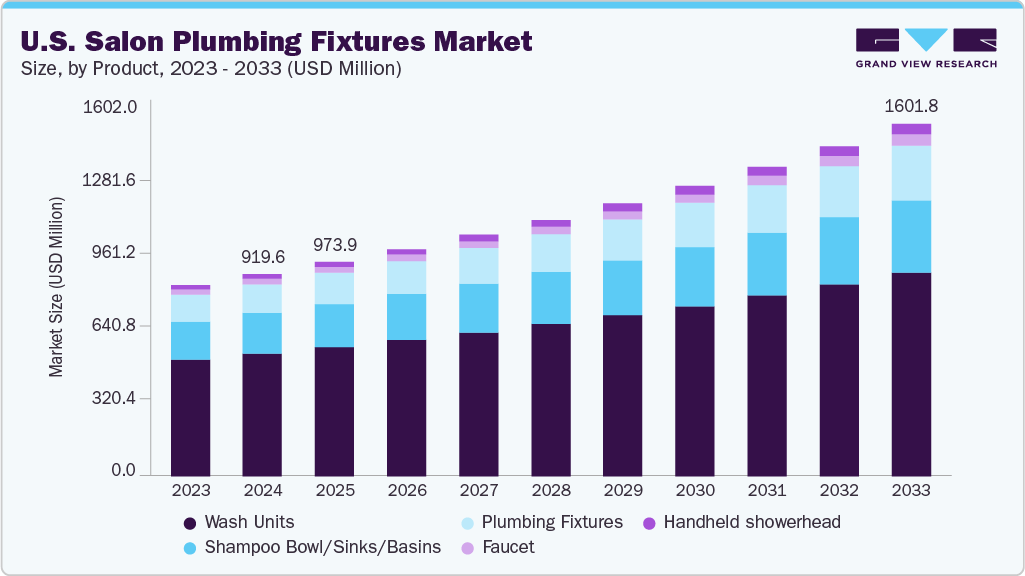When my husband and I bought a beach vacation condo last fall, we knew the place needed work. But because our goal was to rent it out to cover the carrying costs and occasionally enjoy the place ourselves, we didn’t want to overdo the improvements. We wanted to do “just enough” to spiff up the place and not blow our budget. (For the record, costs are still outpacing rent, but the season’s not over!)
Because we know that the kitchen is the most important part of a home, and that cabinets are the most important part of a kitchen, we looked for an affordable way to update the 20-year-old oak cabinets. They dragged the whole place down. Our options: replace, reface, or repaint.
Ooof! Ka-ching!
All new cabinets were out of the question. Refacing them, which involves keeping the cabinet boxes and shelves but changing the doors, drawer fronts and hardware, was less expensive but still costly. That left the option of painting the existing wood cabinets, which made me nervous.
I have seen old cabinets get a paint makeover and look fantastic. I have also seen jobs where the cabinets end up looking worse than before. The paint blisters, flakes, chips and peels like a bad manicure. The old ugly wood shows through, and the hinges are gummed up.
I looked online for encouragement. I found many YouTubes of do-it-yourselfers tackling this project, God bless them. Now I am not going to tell you whether you should or should not do this yourself, except to say you should not.
When Anne Tyler, one of my favorite authors, was reflecting on her work, she endearingly said, “Reading my own books always feels like lying awake in a bedroom I’ve painted myself. The mistakes are so noticeable and so upsetting.”
I feel exactly the same way about my writing and my paint jobs. I called up Jerry White, owner of JW Painting, in Orlando, Fla., whose services I have used over the past 10 years, and asked him to assess the job. JW has been in the painting business for 25 years. His best painter, Alfredo, has worked with him 20 of those years. I love Alfredo.
“Tell me that painting these cabinets white would be a bad idea,” I said.
“We can absolutely paint these, and they’ll look great,” he assured me.
“They won’t bubble and peel?”
“Not if you prep right, use a good product and allow enough dry time,” he said. “Done right, the paint will last for years.”
Last week, Alfredo painted the once yellow-oak cabinets Sherwin-Williams Pure White. I then replaced the old dull hardware with new chrome knobs and pulls. The result: a brighter, newer-looking kitchen, within our budget. Sort of.
If you’re looking to update your cabinets, and still aren’t sure which option is for you, here’s what to consider:
◼️ Weigh the property value. When deciding how much to invest in your home’s cabinetry, ask whether the return will be worth it. Factor in the property value, and whether the rest of the home, the real estate market and the surrounding neighborhood would support the upgrade.
◼️ Replace cabinets if you are changing your kitchen’s layout, or if the existing cabinet boxes (the structure that hangs from the wall and holds the shelves) are in bad shape. Last month I wrote about my daughter’s kitchen remodel, which involved replacing cabinets, an excellent choice in her case. Although this is the most expensive and time-intensive option, it will bring the greatest transformation.
◼️ Reface cabinets if you are not changing your kitchen’s configuration, and if the cabinet boxes aren’t water-damaged or structurally unsound. Refacing existing cabinets can dramatically upgrade your kitchen and give the look of new cabinets for about half the cost, offering a welcome compromise.
◼️ Paint your cabinets if they are basically in good condition, you still like their style, your kitchen layout isn’t changing, you want a faster fix, and you don’t want to over improve for the market. Though a good professional paint job won’t be cheap (beware if it is), painting generally costs less than half what you’ll pay to reface, giving you the biggest bang for your buck. If you want to retain the look of wood, staining lets you change the color without hiding the grain.
◼️ If you paint, don’t cut corners. To get those durable, long-lasting results, JW says you have to prep well, use good products and not rush. Alfredo wiped down the cabinets, removed handles, and de-glossed the wood surface with fine sandpaper. Although some painters remove door hinges, in White’s experience, getting the hinges back on and getting the doors to hang just right can be challenging. Instead, Alfredo taped them off and painted around them. Next he primed all the surfaces and let the primer dry overnight. He then hand-painted the cabinets with high-quality, durable paint using a four-inch velour roller.
Marni Jameson is the author of seven books, including “Rightsize Today to Create Your Best Life Tomorrow.” You may reach her at [email protected].









